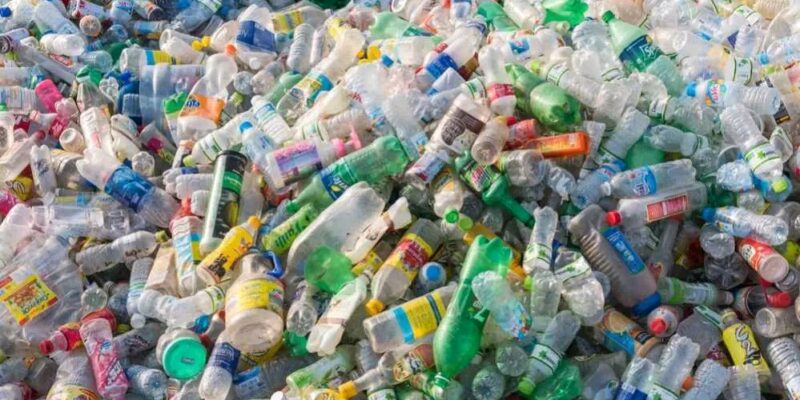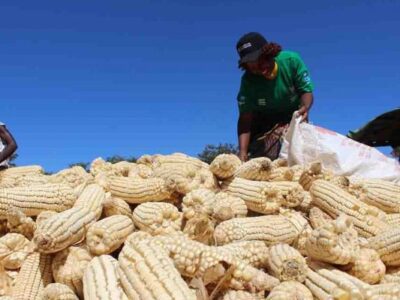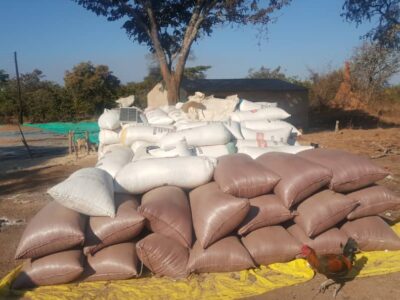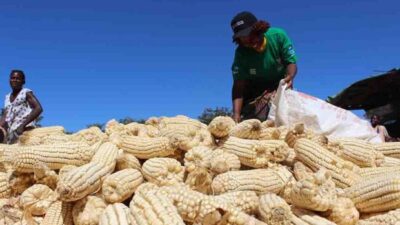Zambia has an economic opportunity of US$712 million through capturing available raw materials for sale to existing markets, a study has revealed.
A Circular Economy Market Study commissioned by the Embassy of Finland in Lusaka through the Accelerated Growth for SMEs in Zambia (AGS) Programme indicated the country’s opportunities worth US$712 million through capturing available raw materials for sale to existing markets or conversion into energy or valuable end products.
This study establishes an important foundation for future steps towards developing such opportunities into functional businesses and embedding circular economy in Zambia through collaboration with local and international partners.
It identifies business opportunities for local and international companies to turn waste, by-products and residues into new valuable products and further recycle, reuse, repair, refurbish or remanufacture products to extend their usable life.
Ten commercial opportunities were identified in the areas of Municipal Solid Waste management, Manufacturing and Agriculture with potential for socio-economic development, positive environmental impact and inclusivity.
Read more: Minister Mulenga calls for improved inter-African trade to check capital flight out of continent
“Separation of waste into wet and dry components is key to unlock value estimated at US$130 million, for the 890 000 tons of valuable waste currently not recycled across Zambia.
“New waste collection businesses present a further US$470 million in collection fees if they can to capture the 55 percent of waste currently not collected,” according to the study.
According to the report, biogas from urban food waste provided a potential US$45 million opportunity and a solution for clean cooking for over 300 000 households given the current energy crisis.
Furthermore, the residual waste streams with calorific value could be incinerated to generate a further 67 megawatts of electricity to contribute to Zambia’s capacity shortfall.
The study also revealed that a local glass recycling and manufacturing facility could make use of some of the 150 000 tons available on the market and reduce the 22 000 tons of imported glass annually, with a potential value of US$13 million6.
“A glass bottles were a part of everyday life, however all are imported and low quantities are reused or recycled locally,” it stated.
The study also indicated that production of local bio fertiliser from available municipal organic waste and livestock manure from commercial facilities would meet 37 percent of the country’s fertiliser demand and contribute US$123 million to the local economy.
As an agricultural nation, Zambia is currently reliant on imported chemical fertiliser, and imports over 635 000 tons every year – over 20 000 truckloads.
“To take advantage of the identified opportunities, it is recommended that an enabling regulatory framework for circular economy and waste management is further developed.
“The opportunities are validated with detailed feasibility studies, strategic business partnerships are facilitated between local and international SMEs to develop the opportunities, financial sources are mobilised and the required technology and skills are transferred,” the study stated.












Comments